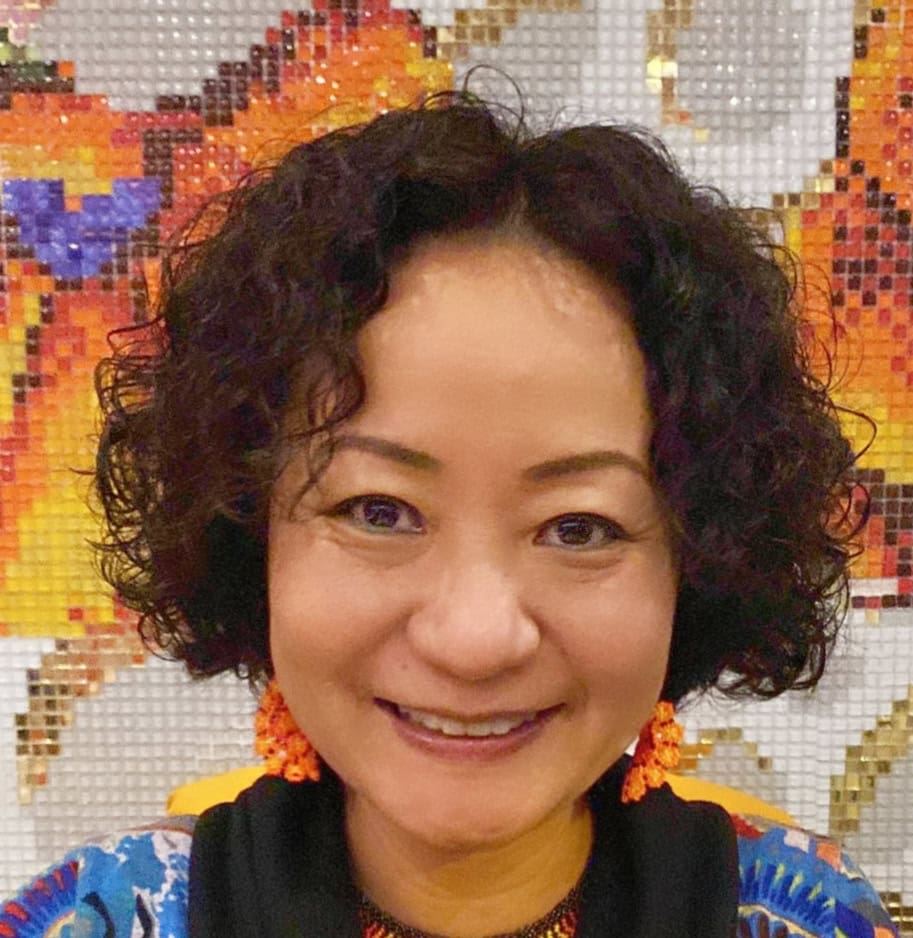
Our unique approach to counselling, combined with acupuncture, can be particularly powerful in the treatment of:

As psychotherapy addresses the underlying reasons for anxiety, it can be effective in relieving your symptoms, and also, help you to prevent anxiety from reoccurring.
There are many practices that try to manage anxiety. If you are suffering from anxiety, you can try techniques or exercises which help you relax and feel better. There are mindfulness and meditation practices, and breathing exercises, that all can help. Similarly, there are anxiolytics – anti-anxiety medications that lower arousal and help to feel better. These approaches have their limitations, though, as they do not gain an understanding of why someone gets anxious in the first place, which causes anxiety.
Anxiety refers to nervousness, worry, arousal of the nervous system, and apprehension. It is a fearful state characterised by mental preoccupation, agitation, angst, edginess, tension, etc., – people often speak of ‘what ifs’ – what if this or that happens, what if I hurt someone? If you suffer from it, you can feel stress and suspense; sometimes it feels as if your finger was plugged into the electric socket.
Corresponding physical sensations like hot and cold flashes, racing heart or palpitations, tingling sensations, tightness in the chest, and difficulty breathing can occur. When anxiety stirs up to panic, people have been worried if they have a heart attack.
There is a range of intensity of anxiety, but at its worst, it is a highly distressing mental and physical state. And it is extremely challenging to get on with things, to concentrate, to focus, and to think about anything else.
Malou believes that change happens when we are aware we have the capacity “To know, to understand, to act differently”, and know “Imperfection is the Perfection”.
Acupuncture can help ease physical symptoms and reduce emotional distress. Through acupuncture, my clients notice their physical symptoms are gradually decreasing, which allows them to be able to connect with their feelings on a deeper level in order to release blocked energy.
Through an integrated acupuncture-counselling therapy, blocked emotional energy release happens through acupuncture alongside talking therapy. My patients are guided through easy breathing relaxation during acupuncture treatment, which leads to excellent results as a holistic body and mind treatment.
Finding the right counsellor for you can be a daunting decision. Here are some of the reasons to consider Malou:
Malou is a licensed professional counsellor who works with both adults and adolescents (18 years +). She holds a BA degree in Counselling and Psychotherapy from Dublin Business School. Malou is a psychodynamic therapist with a holistic focus on the client. She attempts to help clients find patterns in their thoughts, emotions, and beliefs to gain insight into their current selves. Her counselling services are available both in Dublin 2 and online.
The foundations of her training are based on a humanistic, psychodynamic approach, and in her practice, she integrates the following:
Malou is regularly supervised and continually undertakes professional development classes to further deepen her process and her professional knowledge.
She believes the relationship between the therapist and client is the most important part of this therapeutic experience. She has been working on this for almost 25 years through her acupuncture practice in Dublin. She is an Accredited Member of the Irish Association for Counseling Psychotherapy (IACP) and abides by the Code of Ethics set out by the IACP.
The time it takes to see results from talk therapy depends on each individual’s unique process, level of effort, and prior conditioning. Therapy is a deeply personal journey of self-exploration and self-discovery, guided by the principles of organisations such as IACP and IAHIP in Ireland. Since everyone’s life experiences and challenges are unique, the depth and pace of the healing journey vary from person to person.
Some individuals may notice shifts in their perspectives or behaviours after a few sessions, while for others, meaningful change may unfold over months or even years. Factors such as the therapeutic relationship, the specific issues being addressed, and the individual’s openness to self-reflection all play a role in the process.
Ultimately, counselling is not about rushing to a destination but about engaging with the process of growth and understanding at a pace that feels right for you.
Each acupuncture session includes electrotherapy, moxibustion, cupping, and auricular acupuncture at no additional cost.
E-mail: malouacupuncturecounselling@gmail.com
Phone: 0879565865